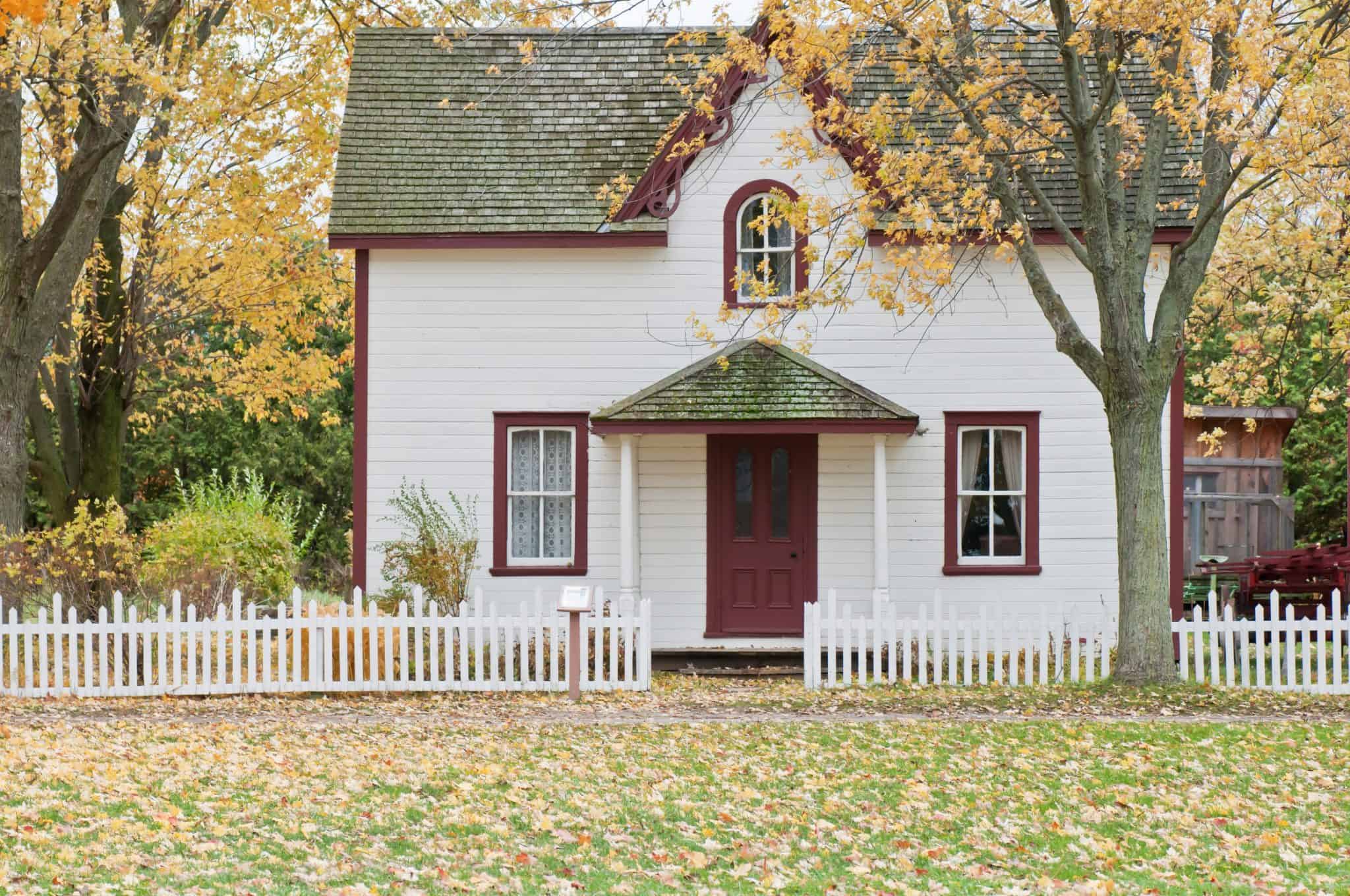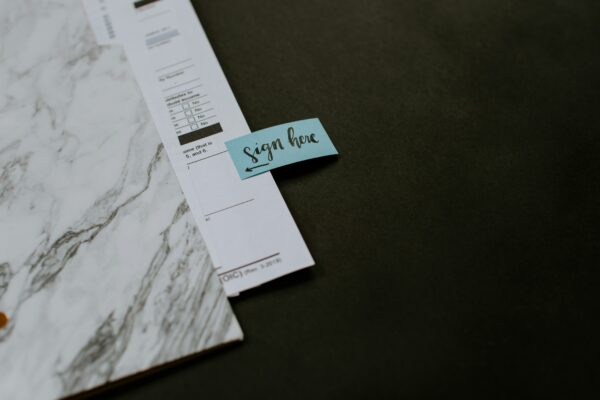How to Get a Cheap Islamic/Halal Mortgage & Save Money | IFG

10 min read
Published:
Updated:

Ibrahim Khan
Co-founder
So you’ve decided an Islamic mortgage is halal after reading this and this article. Now you just have the small matter of actually finding a great house, negotiating a cheap Islamic mortgage deal, and just generally getting through this whole house-buying journey without getting fleeced.
We’ve use 3 of the 4 main Islamic mortgage providers in the UK between us and we’re here to help with the tips and tricks we learned that will help you save literally thousands.
Tip no. 1: take advantage of the help-to-buy scheme
Set up a Help to Buy ISA and save £200 monthly. For every £200 you put in, the government will contribute £50. You can get a maximum government payout of £3000 if you slowly save up to £12,000. And if you get your spouse to do it, that’s £6000 free money!
And yes, a Help to Buy ISA will earn you interest. But you can just give this away. And even if you give it all away, the government bonus is so lucrative that its still worth it.
Find out more on this scheme here.
Tip no. 2: use the IFG Comparison Tool
Use our mortgage comparison tool. It is the only Islamic mortgage comparison tool available for the UK market and is kept fully up-to-date.
The first thing you should screen for are your “Finance to Value” or “FTV” amount which will depend on how much of a deposit you have. So if you are buying a £400k house and have a £80k deposit, you can access all the Islamic mortgage products that are 80% FTV or above and our comparison tool will narrow down what you’re eligible for.
The other thing to screen for is whether you will opt for a fixed or variable rental rate. This will depend in part on your views about where the interest rate will go in the coming years (we at IFG think it’ll go down or stay low, due to Brexit). If you think it’ll go down or stay the same, you should probably think about a variable rate package. But if you need certainty in your life and to manage cash-flows, then a fixed rent makes sense.
We also allow you to easily compare between the rates offered by different banks too – so you can see in the round who actually is cheapest.
Extra tip: the cheapest bank isn’t always the bank that has the lowest headline rental rate. All the other fees and expenses add up very quickly.
Tip no. 3: keep in mind that you can refinance later
This is an important and oft-overlooked point. I personally took out a very long term on my mortgage (30 years). This is generally advised against by sharia-compliant banks on the basis that you’re committing to pay a ton more money than you would if you only had a term of 10-20 years.
But my analysis was that, as I am young, I’ll build up a lump-sum to quickly reduce the mortgage in a few years’ time, the returns I make from the lump-sum will likely be more than the savings I would make by increasing my deposit/reducing the term, and right now I want to have the flexibility of a low monthly payment.
Overall, I’ll pay a bit more over the term of the Islamic mortgage – but only if I actually stay the term out. If I don’t and refinance to a cheaper and shorter term after the fixed rate ends instead, I’ll be roughly in the same situation as someone with a much shorter mortgage.
Tip no. 4: use an Islamic mortgage broker
Islamic mortgage brokers are very useful for a few reasons.
Firstly, they will have a better sense of the overall market than you and so will be able to more quickly get you to a good deal – though, with the IFG comparison launched, the value of this market knowledge is considerably reduced as you can just come on here and get the same data for free.
Secondly, Islamic banks are sadly often over-worked and not very customer friendly. The thing that takes ages is the back-and-forth in getting the documentation together. If your broker will be doing that process for the bank, chances are your application process will be a lot smoother. In a nutshell, I would put my money on a broker doing a better job of quickly getting the mortgage application together rather than someone in-house who hasn’t got as much of an incentive.
Islamic mortgage brokers can and do charge for advice at times. But you can also find Islamic mortgage brokers who will just get paid referral fees by the Islamic bank upon successful completion of a property purchase. You should try to find these kind of brokers as they’re cheaper and offer the same service. IFG will shortly be offering such a service (so subscribe so you hear about it first!).
Thirdly, halal mortgage brokers do have personal relationships with people at Islamic banks and that can sometimes help get a deal through that might otherwise get stuck. But don’t rely on this too much as Islamic banks have strict internal underwriting guidelines to stick to and any exception will be relatively rare.
Fourthly, some Islamic banks actually give better rates if you come through a broker. This is because a broker will have done a lot of the work for them already, so they save costs. If you’re going with Al Ahli in particular, this could be a clever move that could shave off a thousand or so.
Tip no. 5: keep an eye on Stamp Duty Land Tax (“SDLT”)
Make sure you factor in SDLT into your budget – especially if you’re a first-time-buyer and are buying a property worth above £300,000. You will need to pay SDLT for the value of the property above that price and it can add up into the tens of thousands. Here is a link to the latest SDLT rate bands.
This can actually be a blessing in disguise, as you can use it as a negotiation point if you’re buying a house around the £300k mark.
Tip no. 6: shop around for solicitors
You should always ring a few of the solicitors up that are on the panel of any Islamic bank. They will vary considerably in price.
You are particularly incentivised to use the Al Rayan panel solicitors as Al Rayan promise to basically pay their own solicitors’ fees (about £500) if you use a panel solicitor. If you don’t, then you’ll have to pay the Al Rayan solicitors’ fees.
For Gatehouse and Ahli, you have flexibility to choose your own solicitor, and you will just have to pay the bank’s solicitor’s fees. So this is an additional cost if you go with Ahli/Gatehouse.
We personally use IKON Law in Birmingham whom we have used for 2 transactions and found to be super-responsive and super cheap. They are on the Al Rayan and Gatehouse panels.
Tip no. 7: purchase a house through this link
When you go through our Islamic mortgage comparison tool, you will get looked after by the lovely people at Strideup. But more importantly you will make your Islamic mortgage cheaper next time you buy it. Because the more people that use our comparison service, the more transparent and competitive the market gets – the better it is for the consumer – us!
Tip no. 8: get home buyer insurance
Let’s say you’ve had a successful offer and have instructed solicitors and started the Islamic mortgage application process. This is the point where you could end up losing significant amounts of money if the deal were to fall through as you will have to pay solicitors, bank fees etc.
Given that a significant number of deals fall through even at this stage, you should look to protect yourself by taking out home buyer insurance such as this one. It will save you thousands of pounds if things don’t work out as planned. We learned this the hard way.
And if you’re thinking – “Is insurance halal?” then see our article on this here.
Tip no. 8: save time by searching efficiently using clever tools
You will waste an incredible amount of time in your house hunt. You have to narrow down where you’re looking for, what you’re looking for, who the best bank is, calling estate, attending viewings etc.
Thankfully there is a company that considerably speeds up that whole process and actually shortlists houses that will be ideal for you.
Searchsmartly use their proprietary artificial intelligence engine to screen through its reams of properties for sale and narrow down, based on your particular needs, the perfect house for you.
Saving time = saving money. Use them.
Tip no. 9: look for houses that are undervalued or have a motivated seller
Use this Chrome extension that allows you to see the historic price of listed houses on Rightmove. This is pretty useful as estate agents know that a listing that has been on for ages doesn’t look good or sell easily. So they keep refreshing and creating new listings of the same old property. This extension helps you quickly cut through all that and give you detailed price history of the property.
Look for probate sales. These are usually motivated sellers and are not interested in keeping the property or getting the absolute last penny of profit out of the property.
Tip no. 10: ask good questions during home viewing
A home viewing is a research expedition not just on the house, but also the sellers, the history of the property and the deal and any other nugget of information that will improve your negotiation position. Because you see, negotiation is mostly about having all the information you need to make a good offer. But most people rush things or don’t ask the right questions.
These are the essential questions you should be asking during a viewing:
- What is the reason for sale?
- Where are you moving to?
- How long have you lived here?
- What are plus points and negative points to this house?
- Have there been any offers?
- What were the offers?
- Are you in a chain?
- What price are you realistically looking for?
- How long has the house been on the market?
- Have you had any building work done?
Don’t worry if you don’t get answers to all of these questions. A sensible seller won’t answer some of these. But it is surprising how often people will answer most if not all of these questions – and then you are in a much stronger position to make an informed offer.
Tip no. 11: move quickly
This is actually a tip for life. Generally a thing done with momentum achieves better results than one that is left to meander.
So move quickly on a property you like; get your Islamic mortgage application in quickly; instruct solicitors quickly; and get the house bought quickly!
To give an example, we had an offer for a house accepted before we even had the full deposit together. But the bank we went with were comfortable that within 2 months (the time it will take for the transaction to complete anyway) we would have made the necessary savings to have the needed deposit amount.
So that enabled us to purchase the house quicker and move out of rented accommodation quicker.
Tip no. 12: look for a house you can add value to
Look for a house you can do low-cost but high-value things to. So for example, an extension can add a lot of value and is relatively cheap, while a swimming pool is very expensive and massively reduces the buyers for the property and doesn’t add as much value. And where the changes are cosmetic, and the structural work is minimal, you could be onto a winner.
Tip no. 13: location, location, location
The crucial thing with location is that you want to find a place that is currently cheap, but, for some reason, will rise in price soon.
So look for major infrastructure projects nearby so that the house appreciate in value over time. For example check out this incredible Crossrail tool that shows you where prices will rise along the Crossrail route.
A slightly whacky idea but quite successful as a strategy: look for areas with coffee shops on the rise and chicken shops on the decline – again house price will increase. Check out here for more info on this strategy.
Tip no. 14: refinance as soon as your discount period ends
You should look to refinance as soon as the “discount” period is over and you’re switched onto the higher rate of monthly payments. There are now plenty of Islamic banks who can help you. Especially if you save up during this 2-3 year discount period, you can then access the much cheaper 65% FTV Islamic mortgages from the likes of Al Ahli which you previously couldn’t (as you didn’t have the necessary deposit amount).
Tip no. 15: use mortgage calculators and affordability calculators
Use Islamic mortgage calculators religiously (pardon the pun) such as this one. The benefit of using this regularly during your house hunt is that you know exactly what you can afford, how much it will practically cost month-to-month and as a deposit.
Conclusion
Buying a house is a big, expensive decision. But if you plan properly and are savvy about it, you can shave thousands off your eventual outlay and get your hands on a cheap Islamic mortgage.
So good luck – and make sure you use our comparison page. Also subscribe to us – we often get offers from our various partners and you’ll be the first to hear of them.
Related Articles
View all
Can I enter into a contract with haram clauses?
29 September 2023 7 min read

5 Reasons Why Your Rizq Isn’t Increasing
10 August 2023 4 min read

